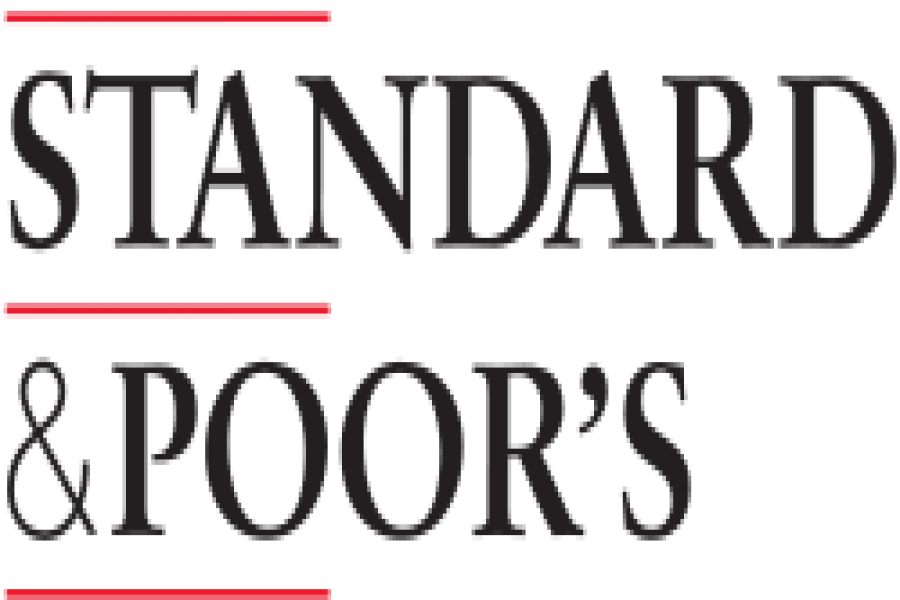SINGAPORE (S&P Global Ratings) Jan. 23,2018--Export growth remains high in
the more trade-dependent Asia-Pacific economies, while domestic demand growth
is broadening, said S&P Global Ratings in a report titled " APAC Economic Snapshots--January
2018."
China's GDP finished strongly in 2017, growing by 6.9 per cent for the year, well
above the 6.5 per cent target floor. Services led the way, suggesting an ongoing
rebalancing of the economy. Credit growth eased to 12.7 per cent year on year, still
above nominal GDP growth. The gap between producer price inflation and
consumer price inflation narrowed with upstream inflation continuing to
decline. A sharp drop in import growth drove China's December trade surplus to
the highest level in 2017.
"The Chinese economy is showing significant forward momentum as we begin 2018,
and slower growth is needed to put the economy on a more sustainable
macro-credit trajectory," said Paul Gruenwald, S&P Global Ratings' Chief
Economist. "These are still early days post-Party Congress and there is still
ample time for policymakers to lower markets' growth expectations."
The recent trend of broad-based, positive data flow from Japan continues.
Manufacturing sentiment is trending upward, while consumption appears to be
rebounding and export growth remains strong. Inflation continues to grind
higher, rounding out the picture. The strengthening yen imparts a
contractionary impulse to the economy, although stronger domestic and external
demand appears to dominate for now.
"The near-term economic outlook for Japan remains relatively bright," Mr.
Gruenwald said. "The synchronized global upturn should produce another year of
growth above 1.0 per cent in 2018 and help boost inflation, which remains well below the
Bank of Japan's 2.0 per cent medium-term target."
The Indian economy appears to be shaking off its post-GST implementation woes.
Industrial output (and investment more generally)--the missing piece of the
sustainable growth story in recent years--jumped to a 25-month high in
November, led by manufacturing. Bank credit to the real economy is picking up
as well. Overall economic risks in India remain low, although risks from
higher oil prices have reappeared.
-rmc//


